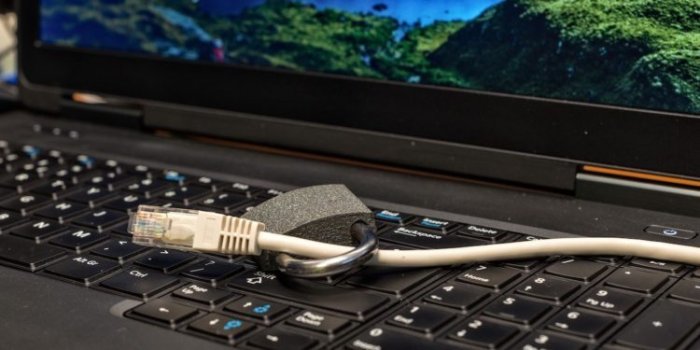K
Kathleen Martin
Guest
The arrival of the Internet in our homes and our mobiles has brought about a revolution. In addition, those who make use of social networks share a lots of content revealing unsuspected details. The internet privacy it takes on more and more relevance. It is enough to dive a little through these networks to see how we are leaving a trail that is difficult to erase. But it is not necessary to use these networks to verify that there are many records of what we do on the Internet. As soon as we navigate or interact with our smartwatch, we leave a mark that can become indelible. Is there a different way to get to interact with the network without leaving a trace? In addition to the obvious precautions, an American team is already working on it.
Privacy on the Internet, a continuous struggle
A task force led by University of Michigan assistant professor of industrial operations and engineering Raed Al Kontar envisions a new kind of connected device infrastructure. Called the Internet of Federated Things, could do more for its users while greatly reducing the amount of data that is shared. A kind of IoT, but more strict.
The sheer amount of data produced by today’s devices is starting to overwhelm the ancient cloud-based Internet of Things. In addition, it is necessary that the decisions are taken more and more quickly. In an autonomous car, for example, there is often no time to upload data to the cloud and wait for it to be processed and sent before taking action.
At the same time, devices connected via IoT have become increasingly powerful. The high-end mobile devices, for example, they are more powerful than many notebooks. For example, the processor that mounts the new iPhone 13 could move a MacBook without problems.
A new model is envisioned that harnesses that power and does more data processing and decision making on peripheral devices rather than on cloud-based servers. The server would act as more coordinator, adding key findings from peripheral devices and allowing the network as a whole to learn from them.
What advantages would it have?
There are many potential benefits, but perhaps the most important from a consumer perspective is that it allows your devices have more functionality while sharing much less data. For example, instead of mobile uploading every detail of your daily activity to the cloud for processing, you could process the data locally and share only the results. Wouldn’t that be a huge improvement in privacy?
Continue reading: https://cvbj.biz/is-it-possible-to-maintain-privacy-in-a-hyper-connected-world.html
Privacy on the Internet, a continuous struggle
A task force led by University of Michigan assistant professor of industrial operations and engineering Raed Al Kontar envisions a new kind of connected device infrastructure. Called the Internet of Federated Things, could do more for its users while greatly reducing the amount of data that is shared. A kind of IoT, but more strict.
The sheer amount of data produced by today’s devices is starting to overwhelm the ancient cloud-based Internet of Things. In addition, it is necessary that the decisions are taken more and more quickly. In an autonomous car, for example, there is often no time to upload data to the cloud and wait for it to be processed and sent before taking action.
At the same time, devices connected via IoT have become increasingly powerful. The high-end mobile devices, for example, they are more powerful than many notebooks. For example, the processor that mounts the new iPhone 13 could move a MacBook without problems.
A new model is envisioned that harnesses that power and does more data processing and decision making on peripheral devices rather than on cloud-based servers. The server would act as more coordinator, adding key findings from peripheral devices and allowing the network as a whole to learn from them.
What advantages would it have?
There are many potential benefits, but perhaps the most important from a consumer perspective is that it allows your devices have more functionality while sharing much less data. For example, instead of mobile uploading every detail of your daily activity to the cloud for processing, you could process the data locally and share only the results. Wouldn’t that be a huge improvement in privacy?
Continue reading: https://cvbj.biz/is-it-possible-to-maintain-privacy-in-a-hyper-connected-world.html

